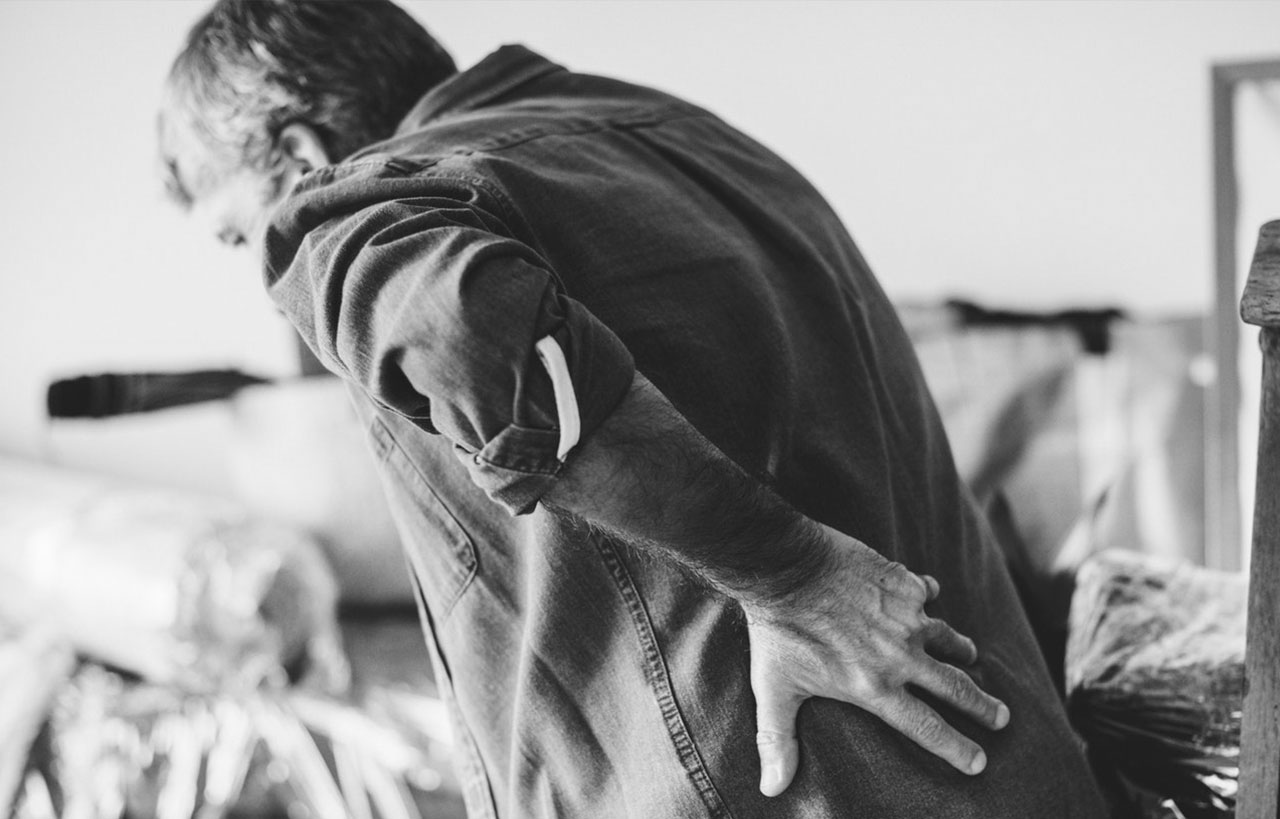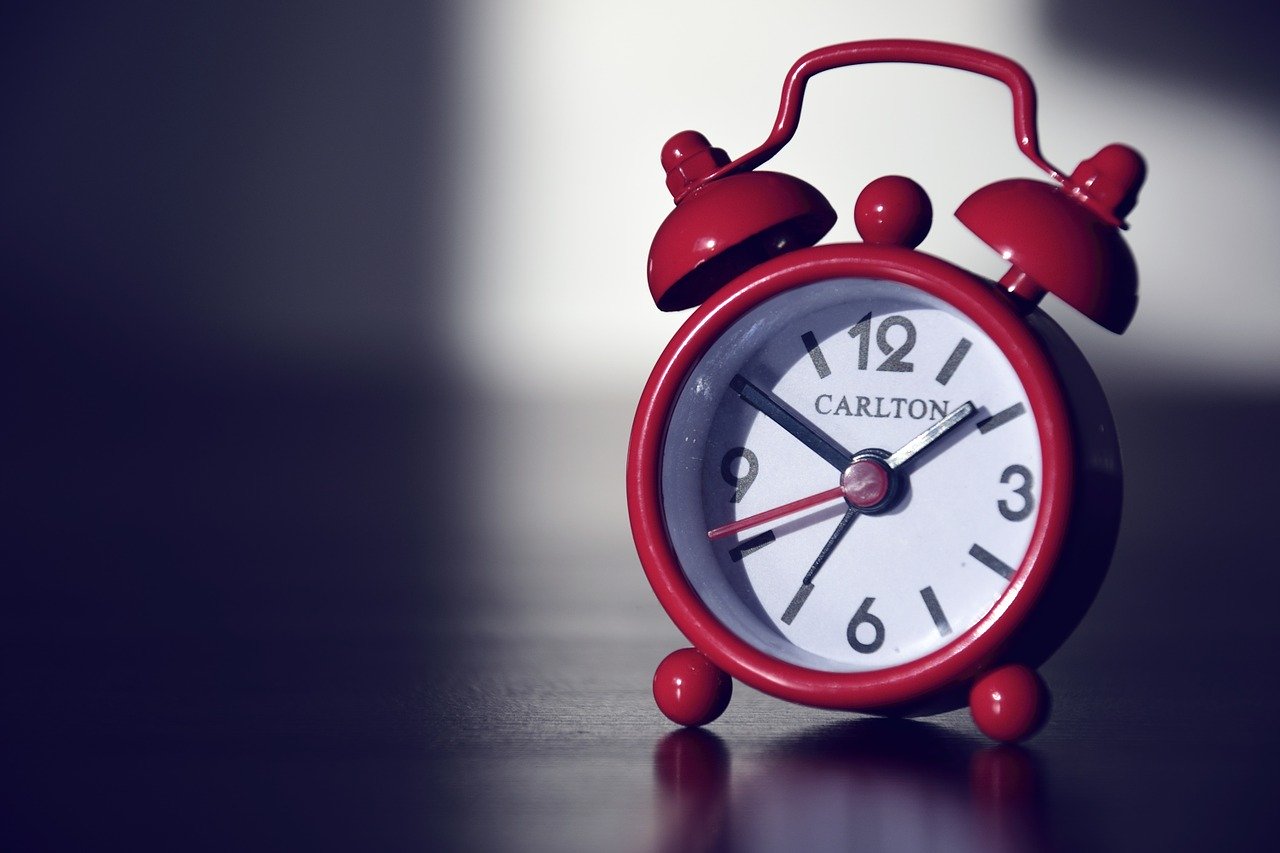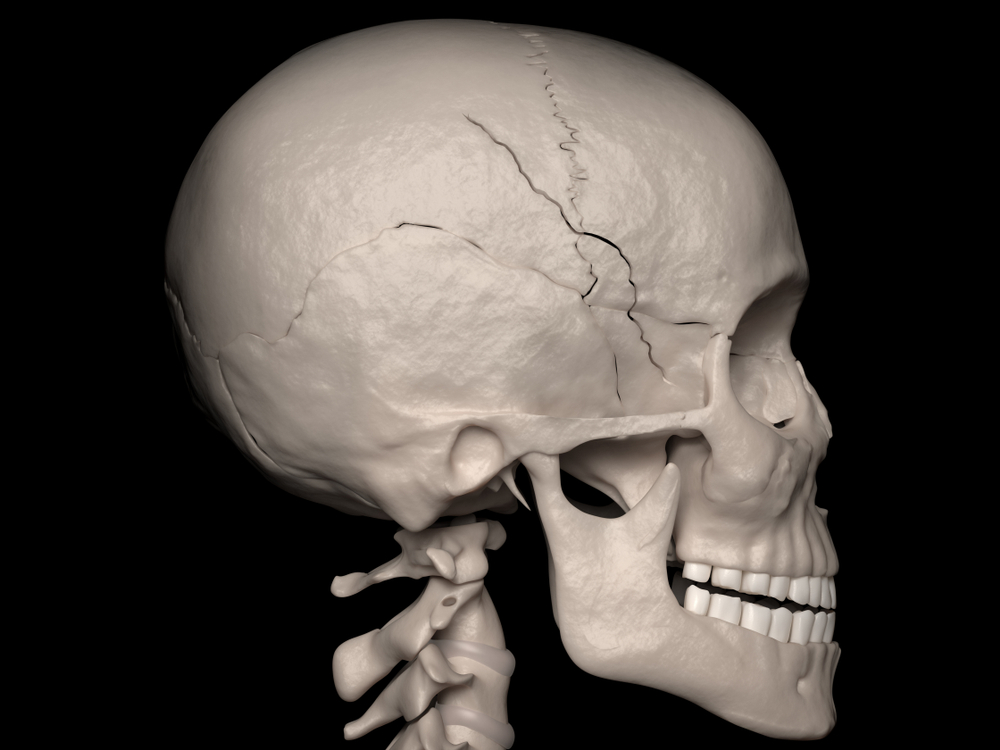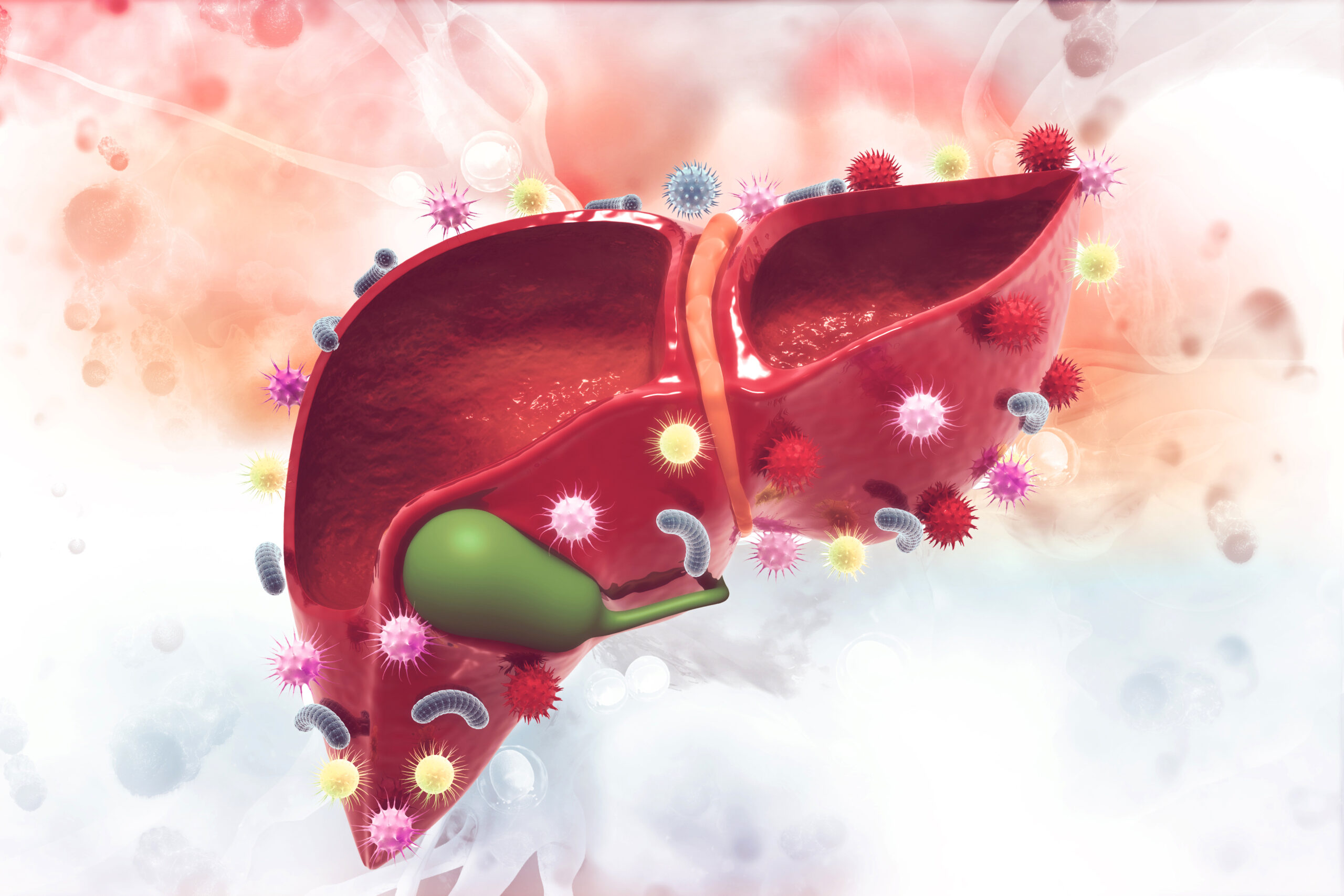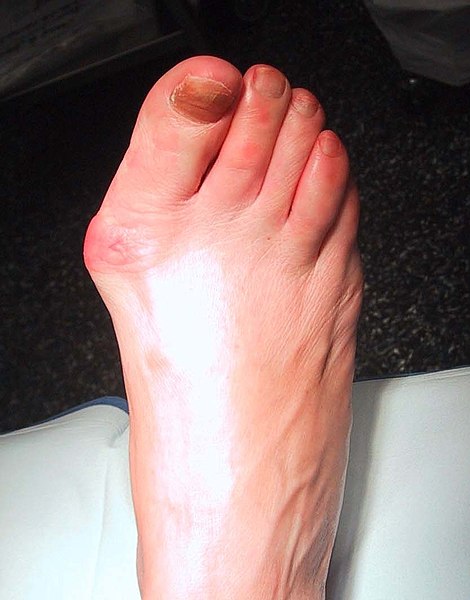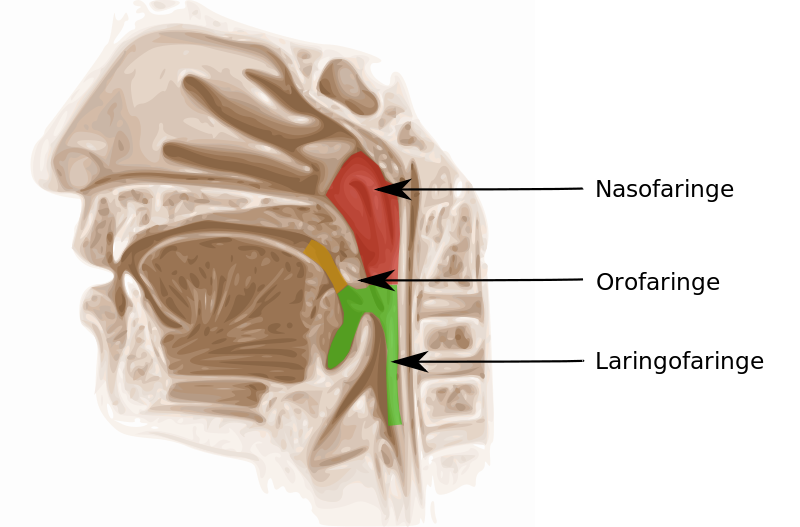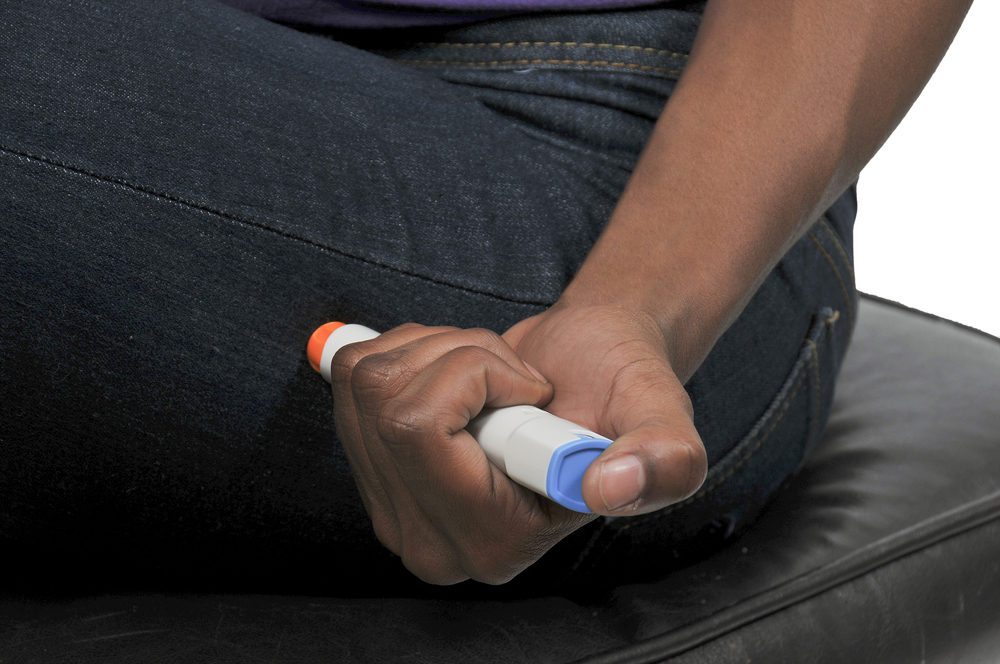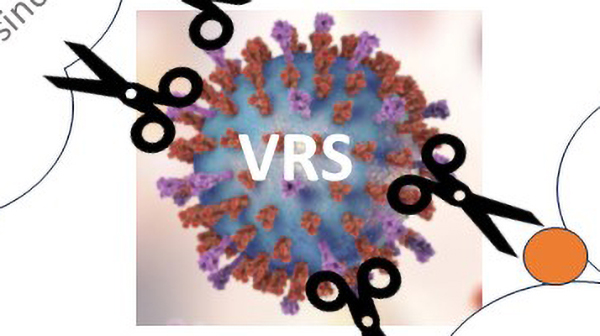Better explaining to the physician the impact of rheumatic disease symptoms on night rest is important to optimize therapy and improve quality of life.
Gout is a rheumatic disease characterized by the deposition of uric acid crystals within the joints, leading to the development ofchronic inflammatory arthritis associated with extremely painful recurrent acute attacks. Available therapies, combined with some dietary and lifestyle measures, can reduce the frequency of attacks and lessen the symptoms of the disease when they occur, but not eliminate them completely.
Sufferers, therefore, often have to deal with pain, burning, and swelling, usually very intense and associated with the substantial inability to move and use the affected joints (especially, wrists/hands, elbows, knees, or ankles/feet), either during the day or at night, for periods that can exceed 1-2 weeks.
A recent study conducted at the University of Alabama (United States) verified that in addition to the discomfort caused by the disease in daily life, the majority of patients with gout also experience serious sleep impairment nocturnal, with all that comes with it in terms of residual fatigue, nervousness, and decreased physical and intellectual performance during the day. To make matters worse, then, sleep deprivation at night increases pain sensitivity, further worsening the discomfort. In short: a dog biting its own tail that can come to much harm if the unfavorable interference between pain and sleep is not prevented or, at least, defused early.
The first step to do this is to optimize basic drug therapy and the anti-inflammatory and antalgic therapy that is essential in gout flare-ups, but alone it is not enough. Indeed, the same study warns that it is not only physical pain and the inability to assume a comfortable position in bed that prevent patients from sleeping soundly.
Also interfering with falling asleep and causing frequent awakenings are anxiety and depression consequent to concern about the symptoms of the acute attack and about suffering from a chronic “fickle” and unpredictable disease, the need to get up frequently to go to the bathroom to urinate, the side effects of medications prescribed to control the rheumatic disease, and, in a proportion of patients, the interference of gout with the ability to effectively manage obstructive apnea syndrome.
According to the researchers, compensating for all these aspects requires a “broadened” approach that takes into account the full range of disorders experienced by the patient and provides targeted remedies that can alleviate them. To this end, it is imperative that physicians actively investigate all possible critical issues associated with acute gout attacks and individual reactions to prescribed medications, but if they do not do so, it must be the patients who accurately report all the physical and mental symptoms they experience, throughout the day and night, and their variations over time. With a little effort on both sides and adherence to prescribed therapies, the situation will surely improve.
Source
Singh JA et al. Any sleep is a dream far away: a nominal group study assessing how gout affects sleep. Rheumatology 2018;57(11):1925-1932. doi:10.1093/rheumatology/kex535









